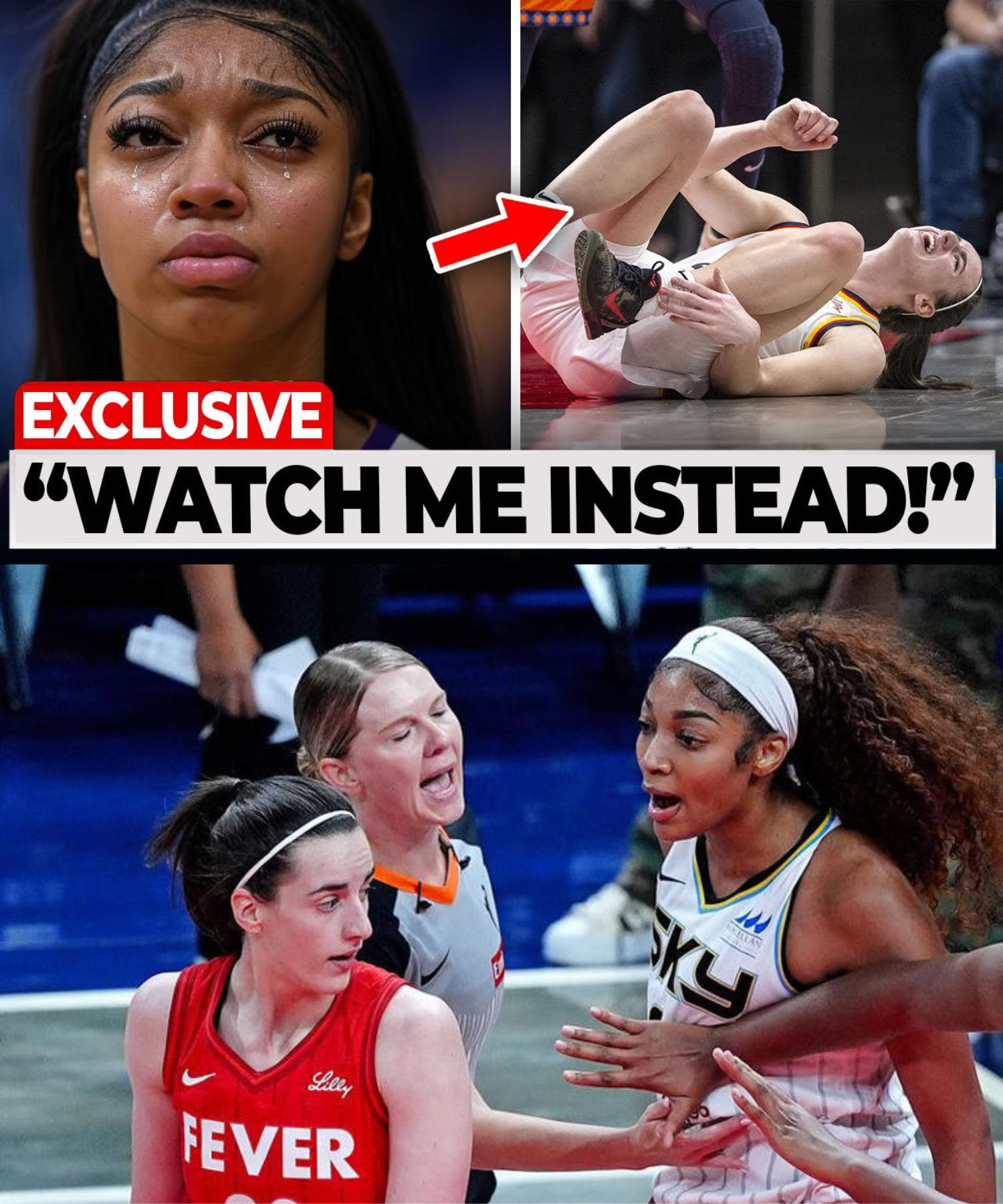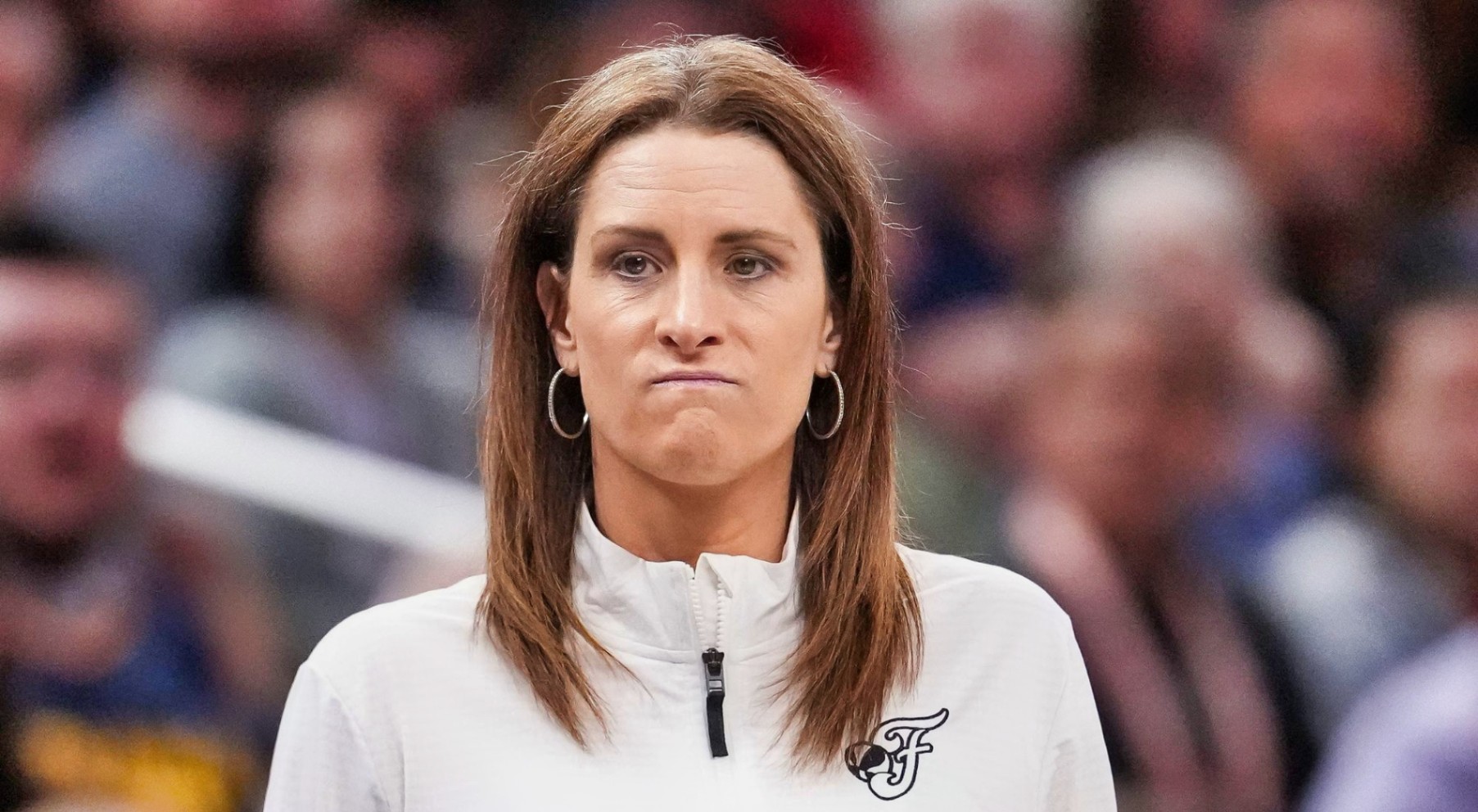
What began as a routine afternoon segment on ESPN has erupted into a headline-making controversy, placing veteran host Elle Duncan in the eye of a media storm. Her abrupt departure from the network comes in the wake of a live broadcast in which she made a series of unverified and controversial claims about WNBA superstar Caitlin Clark. The fallout has left the sports world grappling with tough questions about journalistic responsibility, editorial oversight, and the evolving role of on-air personalities in the digital age.
The Spark That Lit the Fire
During a seemingly standard on-air segment, Elle Duncan deviated from her usual measured commentary to deliver a biting critique of Caitlin Clark’s character. While discussing Clark’s record-breaking rookie season, Duncan stated, “I’m starting to wonder if Caitlin’s off-court persona is all an act—designed to build her brand, not to reflect the real person. I’ve heard whispers about her attitude behind closed doors. It’s not all smiles and three-pointers.”
She went further, implying that Clark’s teammates were becoming frustrated with her growing media presence, suggesting that the rookie star was “more interested in Instagram likes than true locker-room leadership.”
Swift Reaction and ESPN’s Decision
The backlash was immediate and intense. Social media platforms were flooded with support for Caitlin Clark, with fans expressing outrage over Duncan’s remarks. The hashtags #StandWithCaitlin and #BoycottESPN quickly gained traction, forcing the network into damage control.
Within hours, ESPN executives convened at the network’s headquarters in Bristol, Connecticut. Insiders report that Duncan was confronted about her comments and the lack of evidence supporting them. Despite her defense that she was merely referencing insider chatter, ESPN issued a statement the next morning: “Elle Duncan is no longer with ESPN. We have zero tolerance for unsubstantiated claims that defame our on-air talent or professional athletes.”
Silence from Duncan, Strength from Clark
Duncan has yet to respond publicly. Her social media presence vanished in the hours after the incident, and sources close to her describe her as stunned by the speed and severity of ESPN’s reaction.
Meanwhile, Caitlin Clark addressed the controversy with grace. In a short but powerful Instagram Story, she said, “I’ve heard the rumors. I’ve faced the rumors. But I know who I am, and so do my teammates. I’ll keep focusing on basketball—and let my actions do the talking.”
Debate Among the Experts
The sports journalism community is divided. Some, like Fox Sports’ Chris Broussard, believe ESPN acted appropriately, emphasizing the importance of verified reporting. Others, including CNN’s Don Lemon, worry that the move could stifle free commentary. As media personality Clay Travis noted, “It’s a new world. One tweet or comment can end a career.”
Bigger Picture: ESPN and Media Ethics
This incident couldn’t have come at a more sensitive time for ESPN. Caitlin Clark has become a ratings juggernaut, drawing NBA-level viewership to the WNBA. As ESPN builds its programming around her meteoric rise, any controversy touching her name is bound to be high stakes.
Experts agree this event underscores the critical need for journalistic responsibility in a 24/7 news cycle. Media watchdogs stress the importance of:
Rigorous fact-checking,
Clear editorial guidelines for on-air personalities,
And a heightened awareness of the power and potential consequences of live commentary.
What Comes Next
Elle Duncan’s career hangs in the balance. Some networks are reportedly considering a second chance—but only if she publicly apologizes and walks back her remarks. Whether she chooses that path remains to be seen.
For ESPN, the challenge lies in maintaining credibility while continuing to harness the momentum of women’s basketball. With Clark at the center, they must navigate the fine line between celebrating a star and shielding her from unwarranted personal attacks.
In an era when public figures and networks are held accountable in real-time, this incident serves as a sobering reminder: credibility isn’t just important—it’s everything. The line between commentary and defamation has never been thinner, and the cost of crossing it, as Elle Duncan has learned, can be career-defining.


